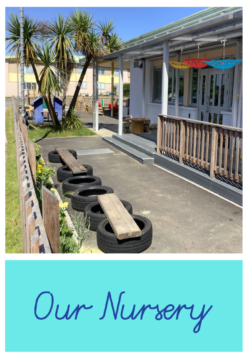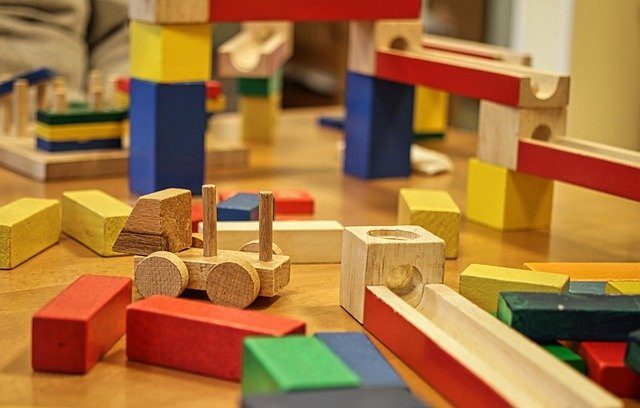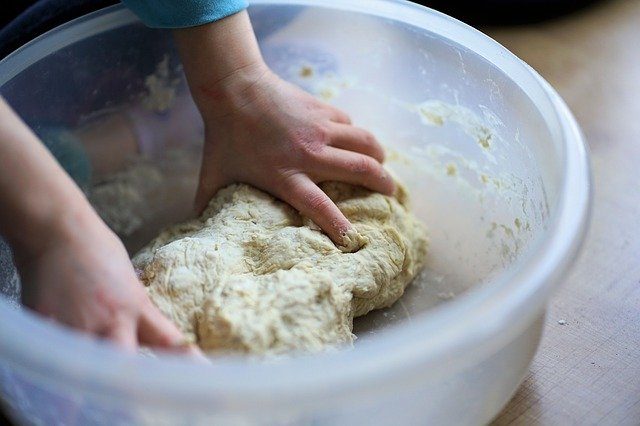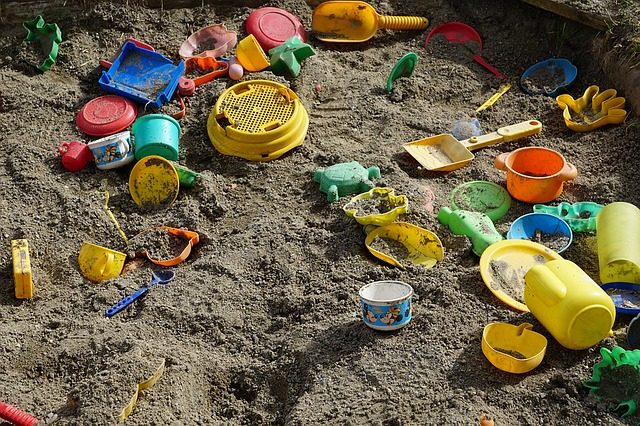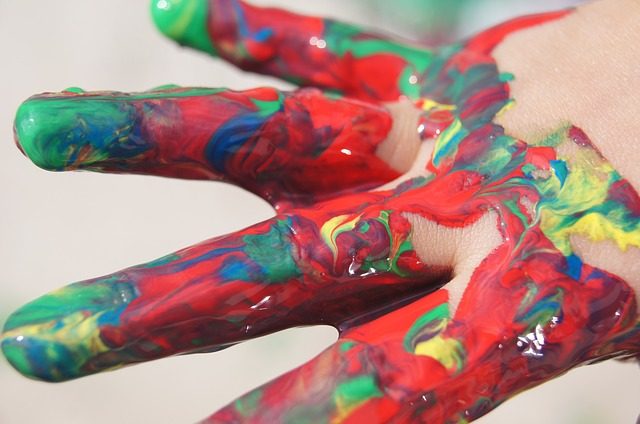“Play is the highest level of child development. It is the spontaneous expression of thought and feeling -an expression which his inner life requires… it promotes enjoyment, satisfaction, serenity, and constitutes the source of all that can benefit the child… At his stage, play is never trivial; it is serious and deeply significant” (Froebel in Lilley 1976).
Froebelian Approach
Over the last 12 months, we have been developing “Froebelian” approaches across the centre. Friedrich Froebel (1782-1852) was a German Educator, an early pioneer of early childhood education and care, and founder of the first “Kindergarten” (now commonly referred to as Nursery Garden). Froebel viewed play and rich, first-hand experiences as being central to children’s learning and development arguing that young children “learn best through self-activity, talk and play” (Tovey, 2017).
Benefits of Play
There are a vast amount of benefits to play and exploration. It is highly documented just how important it is to the growth, development and overall well-being of all children. That is why it is of great importance to us to ensure that we offer the greatest opportunities for children to engage in play.
The Environment
We provide a stimulating environment with a variety of activities and resources available to children to ensure that they are getting the best out of their early learning and childcare experience.
Loose Parts Play
These are materials which have no directions or instructions, allowing children to test out their own ideas, giving them control over their own self-directed activity. Loose parts play inspires curiosity and creativity, providing a wealth of opportunities for children to use their own imaginations.
Block Play
Blocks are another open-ended resource which provide children the freedom to explore. It is accessible to children of all ages and stages of development. Playing with blocks in the early years enables children to develop skills that support later learning in science, technology, engineering and mathematics.
Early Cooking Skills
The process of cooking offers a wealth of learning opportunities for children. With guided support, they are learning about tools and utensils, weight and measure. Using the sequencing recipe books supports their early literacy skills. Children are developing their fine motor skills as they work through the stages of the baking process. This experience is also providing children with skills they will use throughout life.
Sensory Play
There are many options for sensory play where children can use their senses to explore. We carry through a range of arts and crafts activities such as painting, gluing and drawing, as well as sensory play and exploration with pasta, rice, oats, gloop, playdough, water, sand, etc. With indoor planting of tomatoes and herbs, we use tools as well as our hands, our sense of smell and taste.
What to Wear
Learning can be messy… Sometimes children will get paint, glitter, water, mud, etc on their clothes so plenty of spare changes are advisable.
